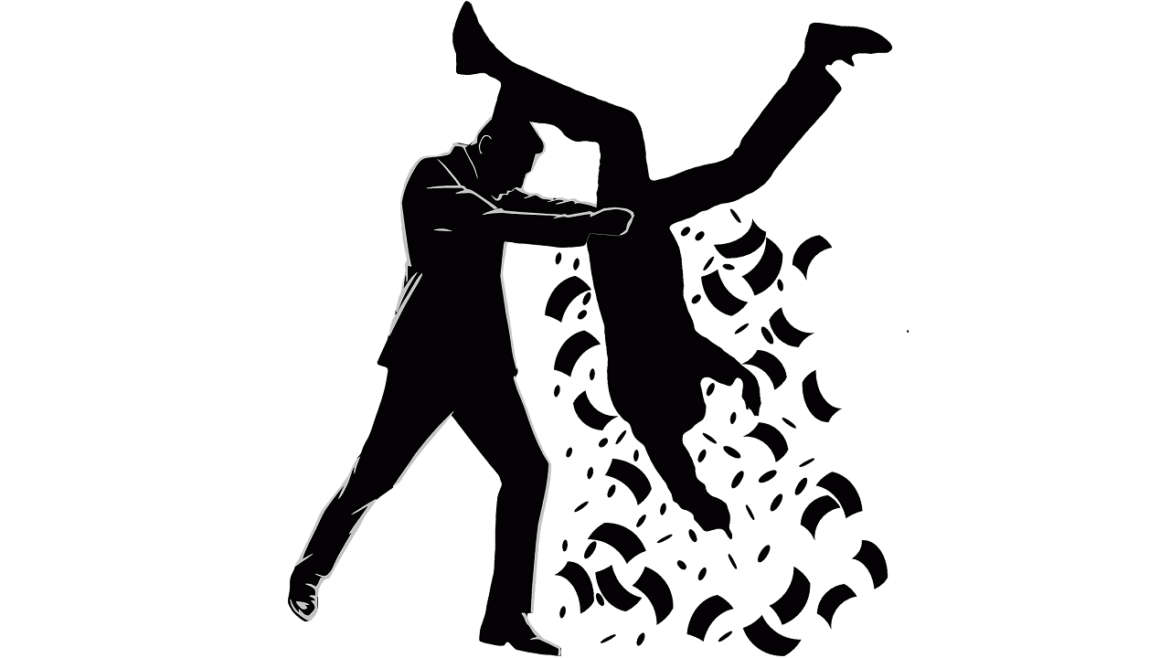Gold has all the potential to go unprecedentedly high. But silver will be gold on
Site:
Precious metals news
Economics professor Brian Brenberg said President Biden’s message is "not resonating" after doubling down on the inflation blame game.
Apr 20, 2022 - 08:19:33 PDT
A billion-dollar program was launched on Tuesday aimed at helping struggling nuclear power plants to continue operating amid rising costs, the U.S. Department of Energy (DOE) announced.
Analysts at JPMorgan have warned that a full and immediate ban on Russian oil imports into the European Union could drive the price of crude up to $185 per barrel.
The 1980’s and 1990s were marked by a period of dis-inflation and ultimately deflation given technological innovations and productivity gains from Microsoft, Intel and the like in the 1980s, and then the Internet in the 1990s. Also, the impact of China’s entry into the world economy and the construction of its low labor cost manufacturing base helped create deflationary forces that masked the underlying monetary inflation that was taking place as we printed money.
 Update - Full Article: It Is "Just A Matter Of Time" Before Gold Rises 5x Or More: Lawrence Lepard
Update - Full Article: It Is "Just A Matter Of Time" Before Gold Rises 5x Or More: Lawrence LepardApr 20, 2022 - 07:30:30 PDT
As concerns our portfolio upside, we think it’s just a matter of time until we get that mid-late 1970s 5x+ gold price acceleration.
 Global Economic Forecasts Drop as Russia’s War in Ukraine Takes Toll: NYT
Global Economic Forecasts Drop as Russia’s War in Ukraine Takes Toll: NYTApr 20, 2022 - 07:25:28 PDT
The International Monetary Fund’s new World Economic Outlook expects growth to slow to 3.6 percent this year. The group is one of many to slash their forecasts recently.
After crashing in March, existing home sales were expected to keep slumping in April as mortgage rates have done nothing but accelerate and mortgage applications collapse.
For a decade, warnings about a tech bubble have only led to more money flooding into high-growth start-ups. Could this one be it?
I have been following this chart but have not commented on it. Jim Bianco at Bianco research posted a series of Tweets well worth a look.
Apr 20, 2022 - 06:15:13 PDT
International Monetary Fund officials who keep a close eye on financial stability and fiscal risks are waving cautionary flags more feverishly as a dangerous mix of inflation, debt distress and precarious monetary policy maneuvering hit economies still trying to recover from the pandemic.
The International Monetary Fund said the London Metal Exchange’s governance systems need to be strengthened after a massive short squeeze that left the world’s main nickel market suspended for six days last month and billions of dollars of trades canceled.
Monday was tax day.I don’t know about you, but my wallet is lighter. As always, I had to write a big check. But I took solace in the fact that I’m helping create a more civilized society!
Canadian consumer price inflation shot past expectations in March, jumping to a new three-decade high and cementing expectations the Bank of Canada will continue with aggressive interest rate hikes in coming weeks to rein in price pressures.
Apr 20, 2022 - 06:01:17 PDT
The interesting thing is that no one at the Fed is trying to talk down those spikes in Treasury yields and mortgage rates. It shows that those yields are going where the Fed wants them to go, and that the Treasury market is coming around to the Fed’s rate-hike plan, and that those yields have a long ways to go, given that CPI inflation is 8.5%, a gigantic mess that has unfolded over the past 15 months, finally, after 12 years of money-printing.
Apr 20, 2022 - 05:53:33 PDT
There is one song that sums up the mortgage banking industry with proposed tightening of Fed monetary stimulypto: T-R-O-U-B-L-E.
Apr 20, 2022 - 05:49:25 PDT
I generally discuss that negative impact of rising mortgage rates on the housing market, but today I am focusing on the decline in agency mortgage-backed security prices due to rising mortgage rates. Here is the uniform MBS price for a 3.5% coupon security. It is falling like a rock with anticipated Fed monetary tightening.
Global stock and bond markets are at risk of a sell-off because central banks including the Federal Reserve may be forced to raise interest rates more than investors anticipate to tame inflation, a top International Monetary Fund official said.
 U.S. Natural Gas Have Almost Doubled and Is on a Path to `Crazy Prices' With No Relief in Sight
U.S. Natural Gas Have Almost Doubled and Is on a Path to `Crazy Prices' With No Relief in SightApr 20, 2022 - 05:42:10 PDT
U.S. natural gas is on a tear. Prices have almost doubled this year to the highest since the shale revolution more than a decade ago, driving up energy costs and helping fuel the fastest inflation in 40 years.
A day after Bank of Russia Governor Elvira Nabiullina touted the country’s alternative to the SWIFT financial-messaging service, the regulator said it will no longer publicly disclose who participates.
The Federal Reserve has signaled aggressive rate hikes while the People’s Bank of China has eased policy, and that divide is eroding the yield differential between both economies prompting investors to look elsewhere, according to Helge Berger, head of the International Monetary Fund’s China mission.






















